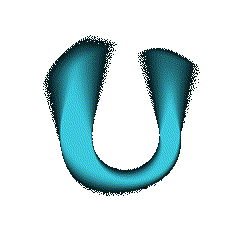Pyotr Tchaikovsky
composer (1840–1893)
Born in a small town of Votkinsk in Vyatka Province, he graduated from the Imperial School of Law in St. Petersburg in 1859 and briefly served in the Ministry of Justice.
In 1865, he graduated from the newly opened St. Petersburg Conservatory and was awarded a large silver medal: he studied instrumentation and composition with Anton Rubinstein and harmony and counterpoint with Nikolai Zaremba. He debuted as a conductor the same year. Then he moved to Moscow to teach music classes at the local branch of the Russian Musical Society. In 1868, he first appeared as a music critic and a year later the premiere of his first opera, The Voevoda, was held at the Bolshoi Theatre in Moscow. In 1877, he debuted as a ballet composer (Swan Lake at the Moscow Bolshoi Theatre). Since the late 1880s, he regularly appeared as a conductor.
Since 1875, when his Piano Concerto No. 1 premiered in Boston, his new compositions were regularly performed in Europe and America: Tchaikovsky had become the main representative of the new Russian music in the world.
Tchaikovsky is the author of ten operas, seven symphonies (six numbered and Manfred), a violin concerto and three piano concertos (the third is published as two compositions — Concerto for piano and orchestra No. 3 and Andante and Finale), four orchestral suites, three stringed quartets, about a hundred romances, a large number of piano pieces and choirs and music for theatrical plays. After Swan Lake, he returned to ballet in The Sleeping Beauty and The Nutcracker.
Among his other important compositions are The Tempest and Romeo and Juliet overture-fantasies; Fatum, Hamlet and Francesca da Rimini symphonic fantasies; The Year 1812 solemn overture; The Variations on a Rococo Theme for cello and orchestra; Serenade for String Orchestra, the sextet Souvenir de Florence; the trio In Memory of the Great Artist; Memory of a Dear Place for violin and piano; the piano cycles Children's Album and The Seasons.



